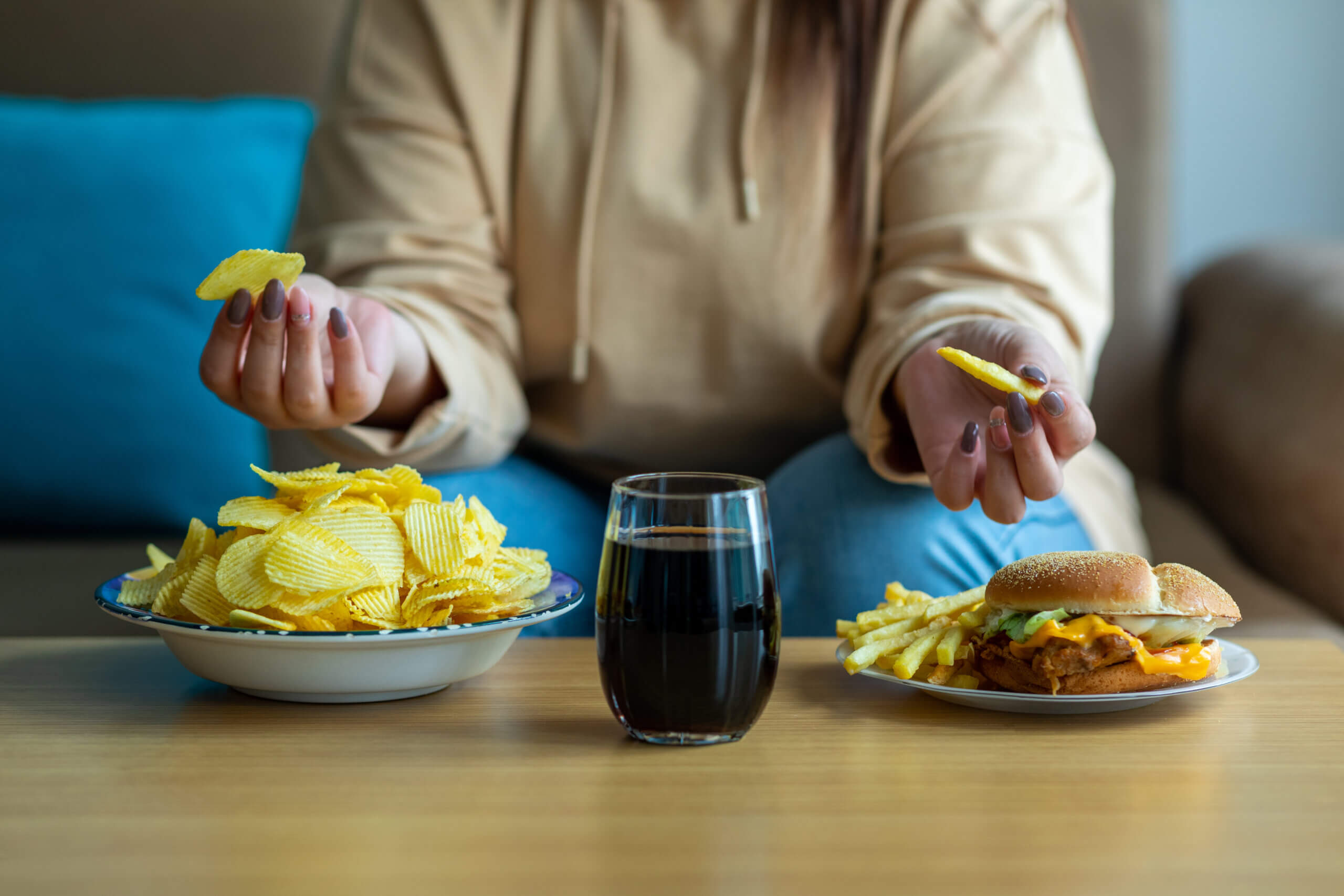At Long Island Spine Rehabilitation Medicine, our physiatrists are holistic practitioners, acutely aware of the mind-body connection. Therefore, we have been extremely interested in recent data pointing to the fact that the back pain experienced by so many of our patients may be tied in part to their poor diets. Because one of our primary focuses is relieving chronic and episodic back pain, we are excited by the idea that dietary changes may be another weapon in our arsenal to combat the scourge of back pain.
Dietary Choices and Inflammation
Inflammation is the body’s natural response to injury or infection. Chronic inflammation, however, can contribute to various health problems, including back pain. Foods high in sugars, saturated fats, and refined carbohydrates have been shown to promote inflammation. So has alcohol consumption. Lowering your intake of these substances can put you on the path to better health generally while also lowering your risk of chronic back pain.
Conversely, eating foods rich in omega-3 fatty acids (like fish) and antioxidants (like berries) can help combat inflammation. Do your back a favor and feed it what it needs to heal and stay strong. Along with other nonsurgical treatments, eating a healthy diet may be just what the doctor ordered.
Arthritis and Nutrition
Arthritis, characterized by pain and stiffness in the joints, can affect the back too. A growing body of evidence suggests that diets high in sugars and fats can exacerbate arthritis symptoms. In an NIH study, mice fed a diet high in saturated fats and sugars not only gained weight but also experienced worsening arthritis symptoms.
One of the reasons for this is that poor nutrition can accelerate the destruction of cartilage, the soft tissue that cushions the joints. For example, research has shown that intervertebral disk degeneration (IDD), a widely recognized cause of back pain, is worsened by high caffeine intake and poor hydration.
The Obesity Connection
Obesity is a major health concern globally. According to the CDC, as of March 2020, nearly 42 percent of Americans were obese. Among the many health problems exacerbated by obesity, back pain is high on the list. In addition to the fact that overeating results in obesity, there is an undeniable connection between obesity and poor nutrition.
Diets high in processed foods, sugars, and unhealthy fats lead to weight gain and, as weight increases, so does the risk of back pain. Several studies have revealed that overweight and obese individuals have a higher prevalence of lower back pain compared to those with healthy weights.
Protecting Your Back by Improving Your Diet
The good news is that making wise dietary choices can help to relieve your back pain in the present and support future back health. We recommend taking the following proactive steps:
- Limit your intake of inflammatory foods by cutting back on processed foods, sugars, and unhealthy fats. Focus instead on whole foods like fruits, vegetables, whole grains, and lean proteins.
- Stay hydrated by drinking water throughout the day. Among the many benefits of proper hydration is that it helps to maintain the health of your spinal discs, making it less likely that you will develop chronic back pain.
- Add Omega-3s to help reduce inflammation. Foods rich in omega-3 fatty acids include salmon, mackerel, walnuts, flax, chia seeds, and Brussels sprouts.
- Maintain a healthy weight by eating a balanced diet and exercising regularly. Losing excess weight and preventing obesity can go a long way to diminishing chronic back pain.
Contact Our Caring, Capable Back Pain Doctors Today
At Long Island Spine Rehabilitation Medicine, we are committed to using a broad range of nonsurgical treatment methods to relieve back pain. Whether you are suffering due to a back injury, illness, congenital condition, or simply the wear and tear of aging, we will help you heal with a customized therapy plan. Contact us now so we discuss which therapies and which lifestyle changes, like alterations in your diet, can help you recover most quickly.
